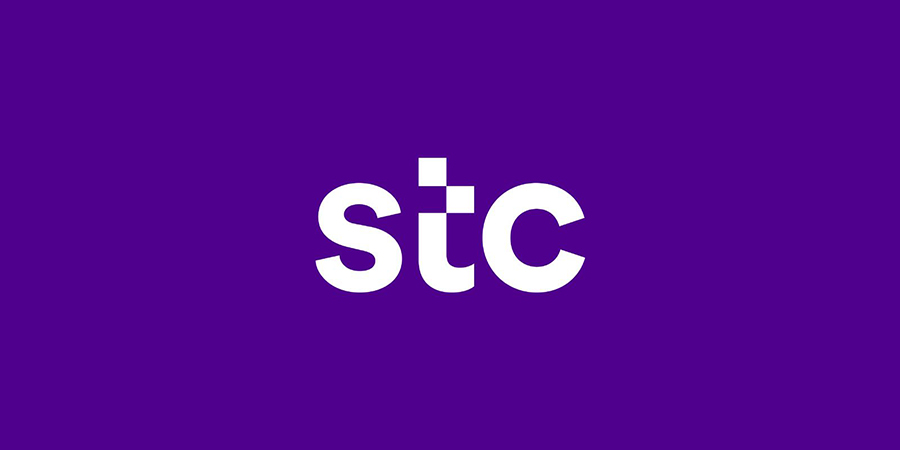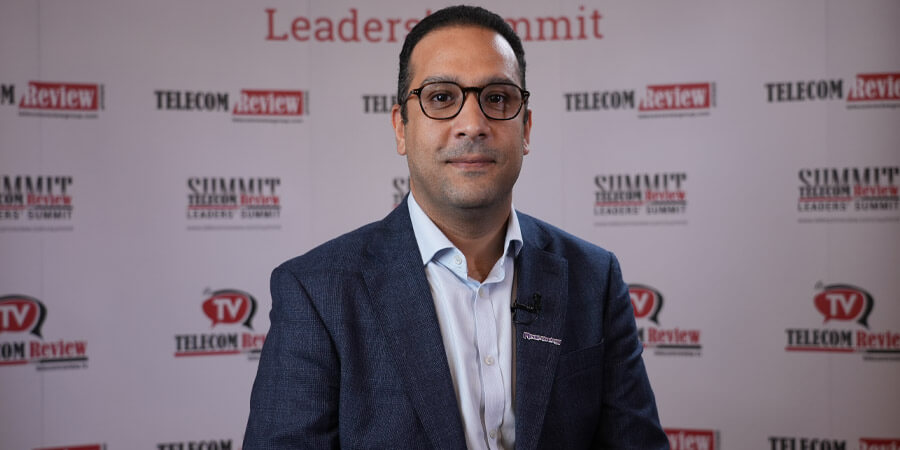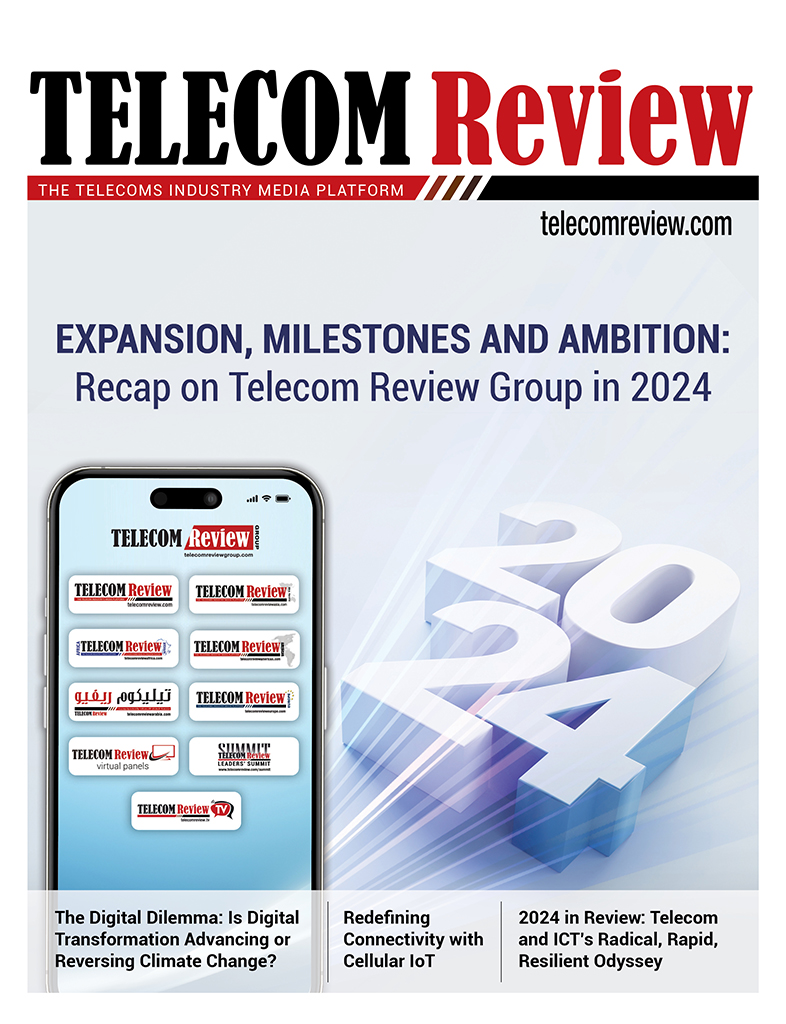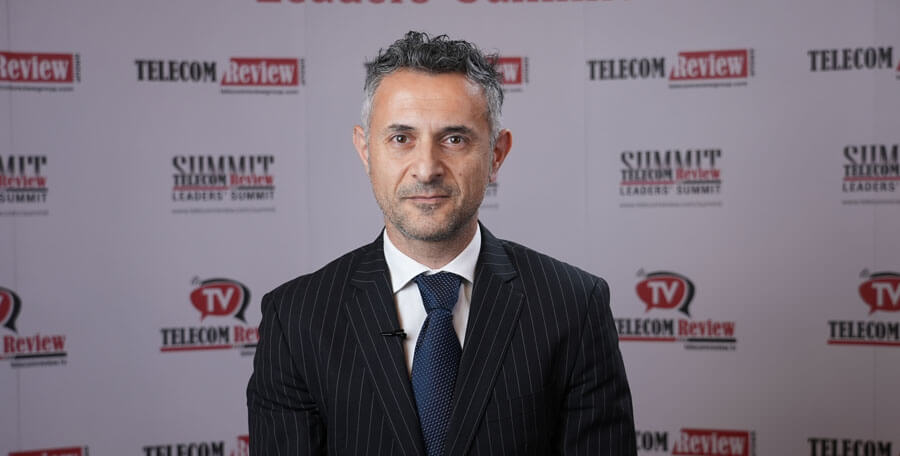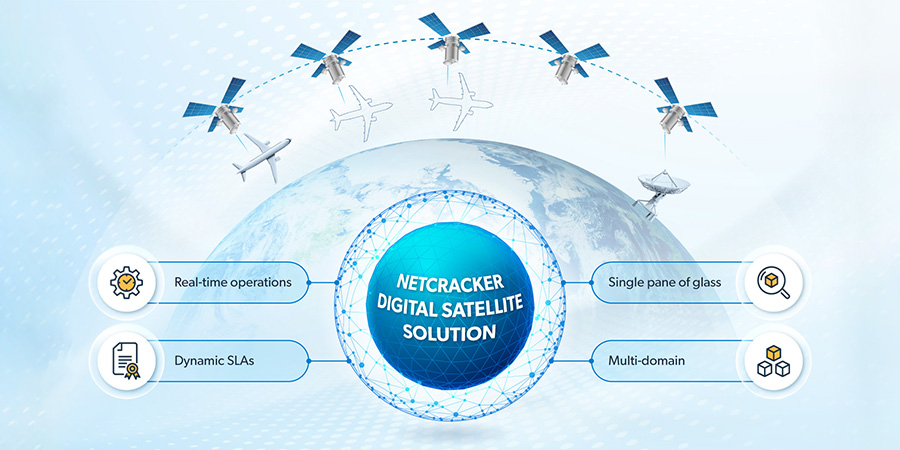In the dynamic realm of online gambling, telecommunication policies are not just background players; they are pivotal actors shaping the industry's landscape. These policies, multifaceted and varied across jurisdictions, determine how online casinos function, connect with their clientele, and innovate in the digital age. A deep dive into the interplay between telecommunication policies and online casinos unveils a complex web of influences that dictate the industry's trajectory, making it a critical area of study for anyone engaged in this digital frontier.
Key Telecommunication Policies Affecting Online Gambling
Telecommunication policies encompass a wide spectrum, from stringent data protection laws to bandwidth management regulations, each exerting a unique influence on online gambling operations. Consider the principle of net neutrality: it ensures equitable data treatment, crucial for online casinos to provide uninterrupted and high-quality service. Data transmission and storage regulations significantly shape the security frameworks online casinos must implement, ensuring player data protection and regulatory compliance.
The Role of Internet Service Providers in Online Casino Accessibility
Internet Service Providers (ISPs) play a crucial gatekeeping role in online gambling accessibility. Adhering to local and international telecom policies, their operational decisions can facilitate seamless gaming experiences or erect formidable barriers to access. In regions where ISPs are required to restrict access to gambling platforms, the growth and reach of online casinos face considerable challenges. Conversely, areas with more liberal telecom policies see ISPs as catalysts in online casinos' proliferation, underscoring the symbiotic relationship between ISPs and the gambling industry.
Analyzing the Global Impact of Telecom Policies on Online Casinos
On a global scale, varied telecom policies create a kaleidoscope of challenges and opportunities for online casinos. Stringent regulations in certain areas can restrict market penetration or degrade service quality. In contrast, lenient telecom environments might foster market expansion and spur technological innovation. In Germany, for example, the approach to online gambling and related telecom policies has been characterized by a cautious and often restrictive stance. Historically, the Interstate Treaty on Gambling (Glücksspielstaatsvertrag) imposed stringent regulations on the industry, permitting limited forms of online betting while outright banning most forms of online casino gaming. This regulatory framework led to a complex environment for both players and operators, with many grey areas in terms of what was legally permissible.
However, recent developments have signaled a shift in Germany's approach to online gambling. The revised Interstate Treaty on Gambling, effective from July 2021, has introduced a licensing system for online casinos and sports betting. This change reflects a move towards a more regulated but open market. Under these new regulations, licensed operators are allowed to offer online slots, poker, and sports betting under strict conditions, including measures aimed at protecting players and preventing gambling addiction.
Meanwhile, in regions like the Middle East and certain parts of Asia, stringent telecommunications policies coupled with cultural and religious factors make the online casino industry almost non-existent. Here, the interplay between regulatory frameworks and societal norms presents a unique set of challenges, often leading to a complete prohibition of online gambling activities.
Navigating Regulatory Challenges: A Guide for Casino Operators
For casino operators, mastering the complex web of telecom policies is akin to navigating through a constantly shifting maze. Keeping updated with local and global regulations, comprehending policy shifts' implications, and strategically adapting business practices are critical for compliance and market agility. This proactive navigation is not just about adherence; it's about leveraging emerging opportunities in the evolving telecom policy environment, turning potential challenges into growth catalysts.
Emerging Technologies and the Shifting Telecom Policy Paradigm
As emerging technologies like 5G, blockchain, and AI redefine the digital landscape, telecom policies are also undergoing significant transformations. These technological advancements promise to enhance online gambling experiences, offering faster, more secure, and immersive platforms. However, they also necessitate updated regulatory frameworks to address new challenges in data privacy, security, and digital equity. The agility of online casinos in adapting to these technological shifts, aligned with evolving telecom policies, will be crucial in maintaining their competitive edge.
Conclusion: The Future of Online Casinos Amidst Changing Telecom Policies
The symbiosis between online casinos and telecommunication policies is set to deepen as both continue to evolve. The future of online casinos is intricately tied to these policy landscapes, with their potential for growth and innovation hinging on the ability to adapt to these changes. In this dynamic and interdependent relationship, the resilience and foresight of online casinos will be key determinants of their success in an increasingly digitalized world. As we look ahead, the interplay between policy, technology, and digital gambling will undoubtedly continue to be a fertile ground for innovation and expansion.
Impact of Telecommunication Policies on Online Casinos
Tools
Typography
- Smaller Small Medium Big Bigger
- Default Helvetica Segoe Georgia Times
- Reading Mode












